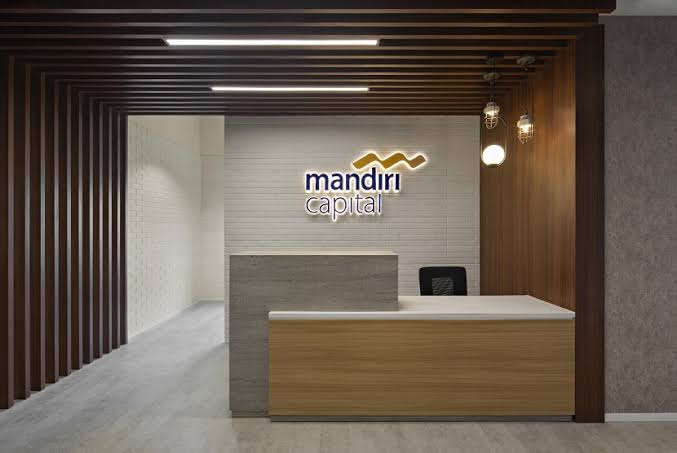PT Mandiri Capital Indonesia (MCI) is strengthening its risk management to face the changing dynamics of startup funding in Indonesia.
Chief Executive Officer Ronald Simonangkir said that the current situation, influenced by negative information, has become an important lesson that could make Indonesia’s startup investment landscape stronger in the future.
“MCI continues to support a healthier and more competitive digital economy. As part of the Bank Mandiri financial group, MCI has a role in supporting startups from various sectors to create synergy and added value,” Ronald said to Bisnis on Tuesday (Nov 11, 2025) evening.
In the past two years, MCI has continued to strengthen its risk management before providing funding to startups. This is done through an end-to-end risk assessment strategy, which is applied in every stage of the investment process. It starts with detailed due diligence, followed by closer monitoring of startup performance through regular reports and routine visits, and the implementation of an early warning system (EWS) to allow faster risk mitigation.
Maintaining Balance in Business and Governance
Ronald explained that the venture capital industry continues to face the main challenge of balancing growth, profitability, sustainability, and good governance.
For MCI, these challenges are managed through three key steps — sharpening the direction and investment strategy to align with Mandiri Group’s business plan and risk appetite, updating the investment process using an integrated investment strategy, end-to-end risk management, and data analytics.
He added that the company is also consistent in improving corporate governance, organizational transformation, and human resource quality to maintain portfolio sustainability.
Ronald also emphasized that MCI continues to enhance human resource capability. All employees are required to pass risk management certification assessments registered with the Financial Services Authority (OJK).
Fintech Investors Becoming More Cautious
Furthermore, Ronald noted that the financial technology (fintech) industry is no longer focused on becoming “super apps” or one-stop-service providers. This model, he said, is now also being adopted by financial service institutions such as banks.
“Therefore, fintech investors are now more careful in identifying investment potential across different types of technology-based financial services. Investors not only look at demographic potential and technology penetration, but also how quickly technology becomes obsolete and how fintech firms adapt so their solutions remain relevant,” Ronald said.
OJK: Venture Capital Still Selective in Funding
The Executive Head of Supervision for Financing Institutions, Venture Capital Companies, Microfinance Institutions, and Other Financial Services at OJK, Agusman, stated that venture capital companies remain selective in providing funding amid challenges in the startup ecosystem.
“Venture capital funding still continues selectively, focusing mainly on startups with sustainable business models,” he said in a press conference on Tuesday (Nov 11, 2025).
As of September 2025, venture capital financing reached IDR 16.29 trillion, down slightly by 0.24% month-to-month. However, on a year-on-year basis, it grew slightly by 0.25%. Meanwhile, the total assets of the venture capital industry stood at IDR 26.76 trillion, growing 2.33% year-on-year from IDR 26.15 trillion.
PHOTO: INFOBANKNEWS
This article was created with AI assistance.
Read More






 Tuesday, 17-02-26
Tuesday, 17-02-26







